Patient has energy to play, thanks to Ebeid's world-class skills
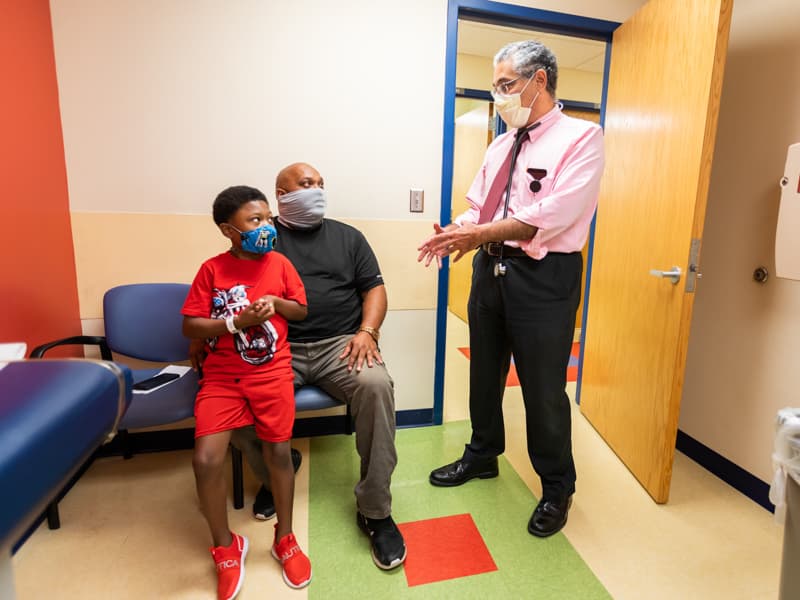
Going the extra mile is something Dr. Makram Ebeid does for all his patients at Children’s of Mississippi’s Children’s Heart Center.
For Levi D’Anjou II, he went a little farther.
Earlier this year, Ebeid, director of pediatric interventional cardiology and the pediatric catheterization lab at UMMC, received approval from the U.S. Food and Drug Administration, granting him compassionate use of a device to regulate blood flow for Levi, a Byram 9-year-old who was born with a congenital heart defect.
The device, an Occlutech Atrial Flow Regulator, has not been approved for use in the United States. Ebeid, who participates in international conferences on pediatric cardiology and is recognized internationally as an expert in pediatric interventional cardiology, was familiar with the device and knew it could help Levi.
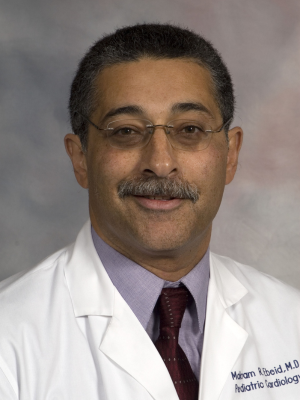
“We had to jump through hoops,” Ebeid said of the process, which started in October 2019. By March 2020, the device was implanted by catheterization and has been working well.
Levi was born with hypoplastic left heart syndrome, a critical congenital heart defect in which the left side of his heart did not develop.
Congenital heart defects are the most common type of birth defect, occurring in about one out of every 100 births. Of those children, about one in four are born with a critical congenital heart defect such as Levi’s.
“Levi has been a patient of (UMMC pediatric and fetal cardiologist) Dr. (Jennifer) Shores since before his birth,” said his mother, Keisha D’Anjou.
Without medicines and a series of three surgeries, babies born with hypoplastic left heart syndrome can’t survive.
“Levi had all three surgeries successfully at UMMC,” she said. “His first surgery was at birth. Out of the womb and to the operating room. I saw his little face for five seconds. I gave him a kiss, and off he went.”
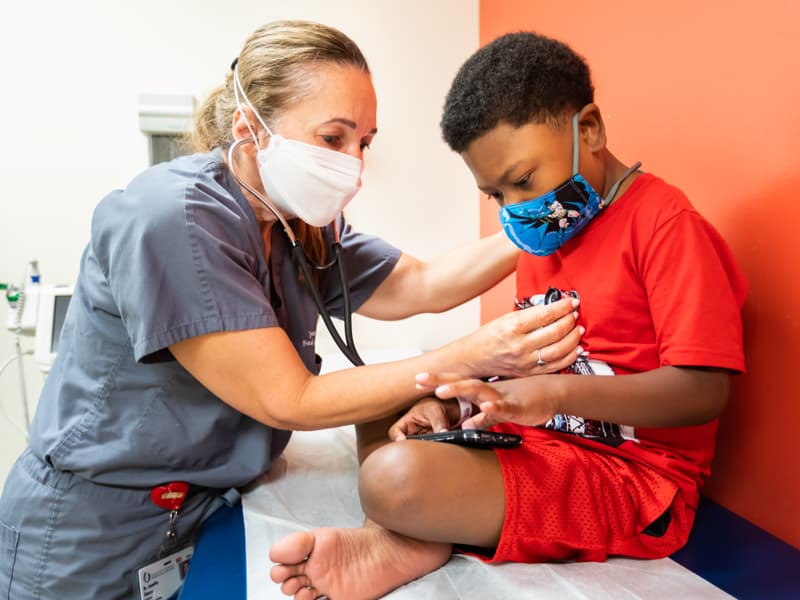
The first procedure, the Norwood, builds a new aorta and makes the right ventricle pump blood to the lungs through a new path to the pulmonary artery. The Glenn procedure follows at about 4 to 6 months of age, removing a shunt placed during the Norwood and redirecting blood flow from the upper body to the lungs. The third, known as the Fontan, follows at 18 months to 3 years, redirects blood flow from the lower body to the lungs.
During Levi’s Fontan procedure, a hole was created as a valve to take pressure off the lungs from the increased blood flow. Because his condition required a relatively large hole, or fenestration, his oxygen saturation levels had been lower than hoped for.
While resting, his oxygen saturation was 78 percent, hindering his activity and leaving him short of breath. Normal saturations are above 95 percent.
“In clinic, his saturations dropped to 54 percent, improving when he rested,” Ebeid said.
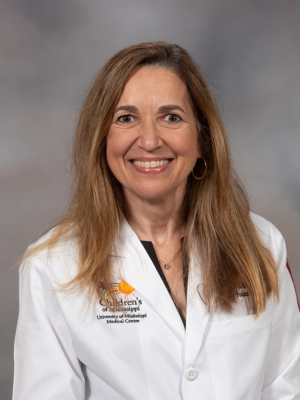
Shores said going to clinic visits would leave him exhausted. “It was all he could do to go from the car to the examination room,” she said.
Catheterization showed closing the fenestration completely wasn’t a safe option for Levi. In the United States, there are no FDA-approved devices that could partially close the hole, but Ebeid knew devices that could help Levi had been successful in other countries.
Seeking an FDA waiver is unusual at the Children’s Heart Center, said Dr. William Moskowitz, chief of UMMC’s Division of Pediatric Cardiology and co-director of the Children’s Heart Center.

“The vast majority of the devices and medications used at the Children’s Heart Center have FDA approval,” he said. “That Dr. Ebeid knew of a device used successfully in other countries that had not yet been approved for use in the U.S. shows the world-class care that Children’s of Mississippi provides.”
Occlutech, founded in Germany in 2003, sells devices used to treat congenital heart defects and heart failure and to prevent strokes in more than 80 countries.
“Dr. Ebeid may have had to go some red tape to get approval for this device, but he had more red tape to go through with my wife and me,” said Levi’s father, Levi D’Anjou Sr. “We wanted to know this was the best option for Levi.”
After getting an FDA waiver for compassionate use of the device, Ebeid installed the device during a catheterization on March 26, 2020. Levi was able to return home after a five-day hospital stay.
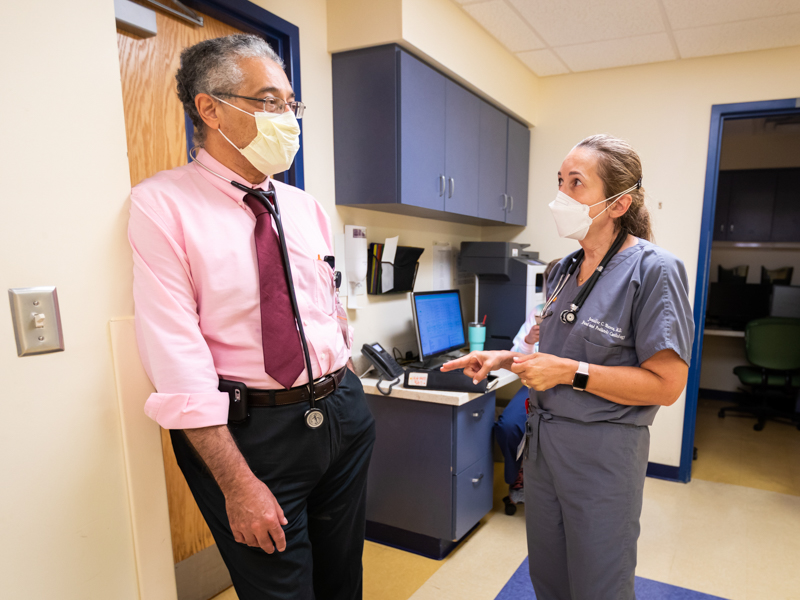
A third-grader who loves math, Levi is more active since his latest procedure. “He’s wonderful,” Levi’s father said. “He doesn’t get tired like he used to and feels much better.”
Keisha agrees. “He enjoys playing outside with his friends in the neighborhood and riding his scooter. He doesn’t get tired nearly as fast.”
This fall, Levi will be seeing his cardiologists inside Children’s of Mississippi’s seven-story expansion, which will be the new home of the Children’s Heart Center.
The tower will also include a dozen state-of-the-art surgical suites where life-saving cardiovascular procedures can be performed. An outpatient specialty clinic, a pediatric imaging center, 88 private neonatal intensive care rooms and 32 pediatric intensive care rooms are also included in the tower.


